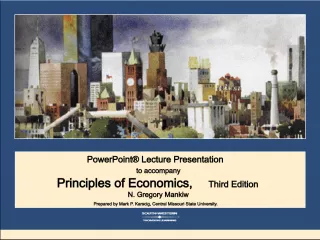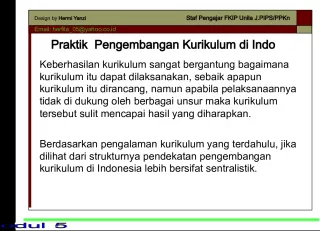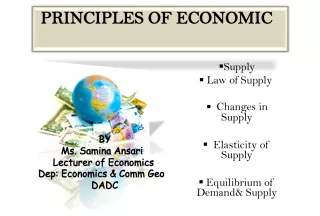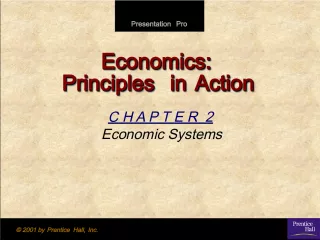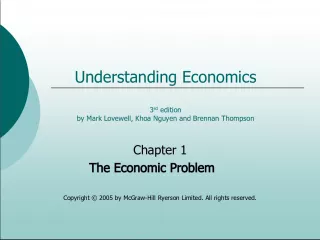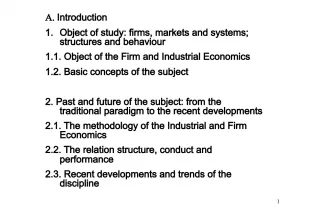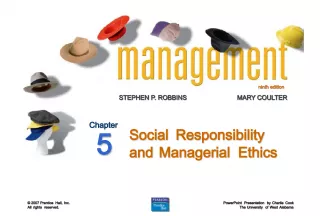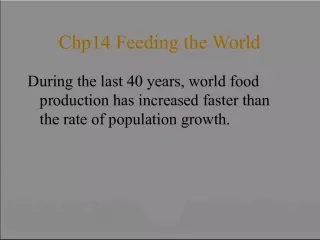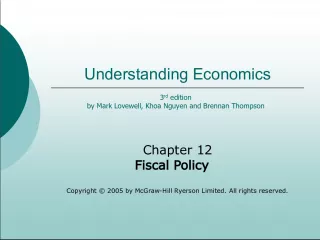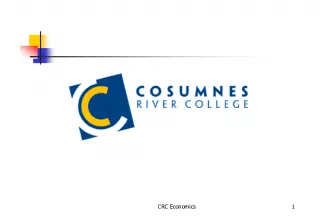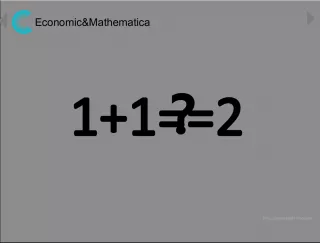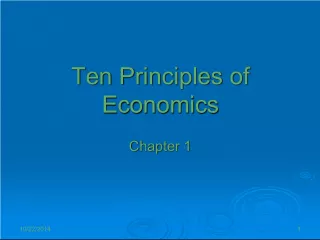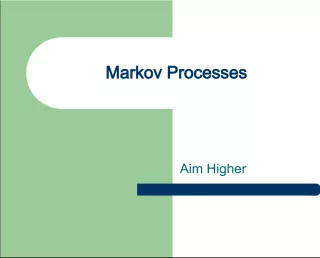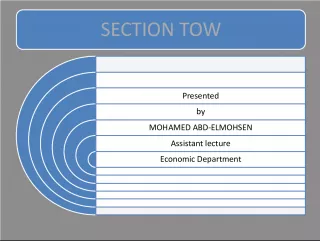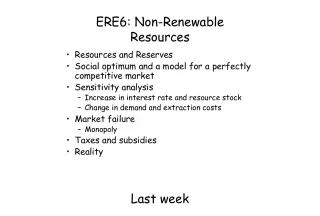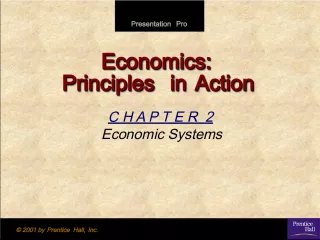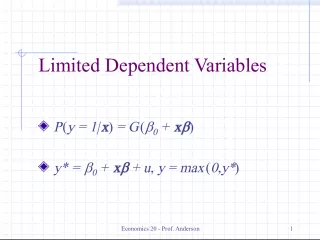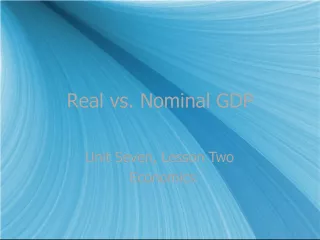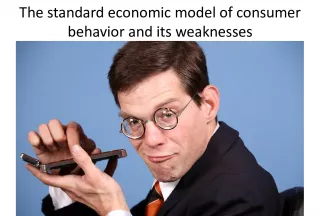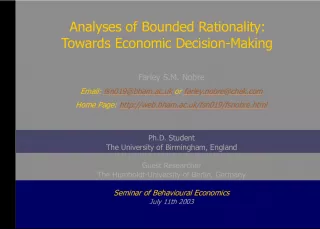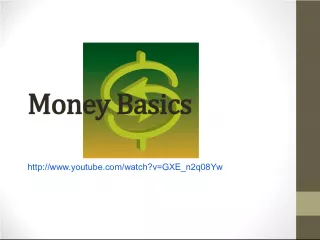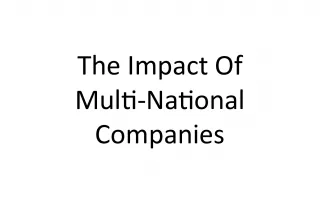Dr. Muchdie - Lecturer in Managerial Economics
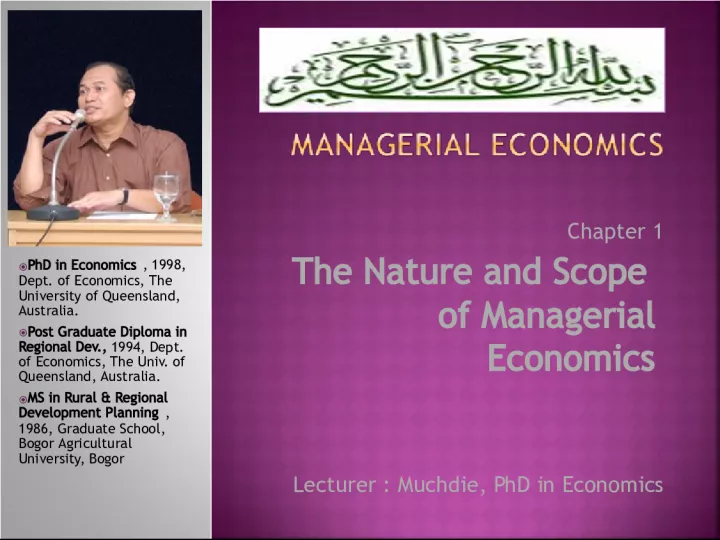

Dr. Muchdie is a lecturer with a PhD in Economics and over 20 years of experience in teaching Managerial Economics. In this chapter, he defines the nature and scope of the subject and explains how economic theory and decision science can be applied to help organizations achieve their objectives effectively.
- Uploaded on | 0 Views
-
 andrearoy
andrearoy
About Dr. Muchdie - Lecturer in Managerial Economics
PowerPoint presentation about 'Dr. Muchdie - Lecturer in Managerial Economics'. This presentation describes the topic on Dr. Muchdie is a lecturer with a PhD in Economics and over 20 years of experience in teaching Managerial Economics. In this chapter, he defines the nature and scope of the subject and explains how economic theory and decision science can be applied to help organizations achieve their objectives effectively.. The key topics included in this slideshow are Dr. Muchdie, Lecturer, Managerial Economics, Economic Theory, Decision Science,. Download this presentation absolutely free.
Presentation Transcript
1. Lecturer : Muchdie, PhD in Economic s PhD in Economics , 1998, Dept. of Economics, The University of Queensland, Australia. Post Graduate Diploma in Regional Dev., 1994, Dept. of Economics, The Univ. of Queensland, Australia. MS in Rural & Regional Development Planning , 1986, Graduate School, Bogor Agricultural University, Bogor Chapter 1 The Nature and Scope of Managerial Economics
2. The application of economic theory and the tools of decision science to examine how an organization can achieve its aims or objectives most efficiently.
3. Managerial Decision Problems Economic T heory Microeconomics Macroeconomics Decision Sciences Mathematical Economics Econometrics MANAGERIAL ECONOMICS Application of economic theory and decision science tools to solve managerial decision problems OPTIMAL SOLUTIONS TO MANAGERIAL DECISION PROBLEMS
4. Combines and organizes resources for the purpose of producing goods and/or services for sale. Internalizes transactions, reducing transactions costs. Primary goal is to maximize the wealth or value of the firm.
5. The present value of all expected future profits
6. Sales maximization Adequate rate of profit Management utility maximization Principle-agent problem Satisficing behavior
7. Business Profit : Total revenue minus the explicit or accounting costs of production. Economic Profit: Total revenue minus the explicit and implicit costs of production. Opportunity Cost: Implicit value of a resource in its best alternative use.
8. Risk-Bearing Theories of Profit Frictional Theory of Profit Monopoly Theory of Profit Innovation Theory of Profit Managerial Efficiency Theory of Profit
9. Profit is a signal that guides the allocation of societys resources. High profits in an industry are a signal that buyers want more of what the industry produces. Low (or negative) profits in an industry are a signal that buyers want less of what the industry produces.
10. Identifies types of behavior that businesses and their employees should not engage in. Source of guidance that goes beyond enforceable laws.
11. Globalization of Economic Activity Goods and Services Capital Technology Skilled Labor Technological Change Telecommunications Advances The Internet and the World Wide Web
